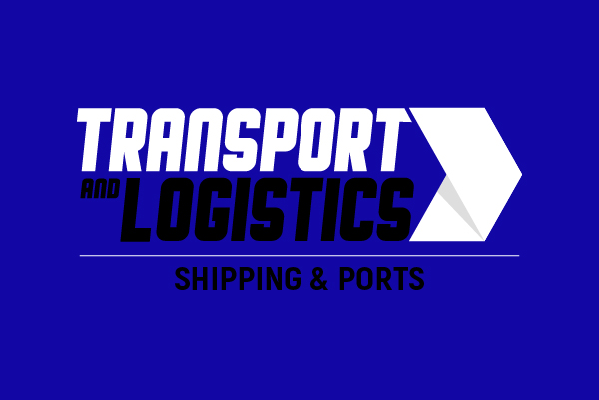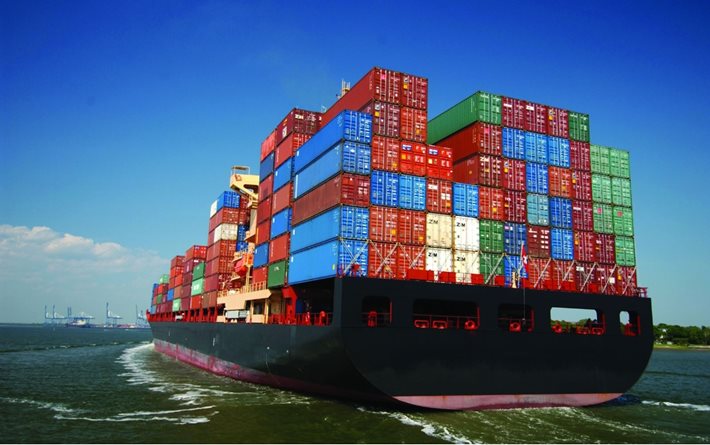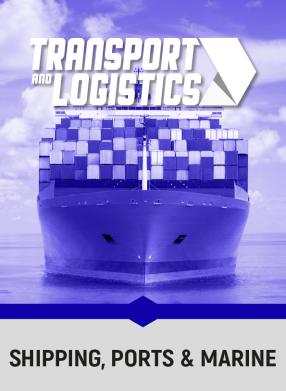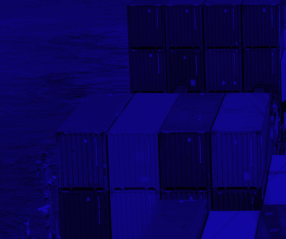Logistics UK has reassured businesses and consumers that the sector is doing everything it can to overcome the ongoing issues at some of the UK’s ports, which are causing delays to the nation’s highly interconnected supply chain, and deliver the festive goods the nation needs.
“Right across the supply chain and world, logistics businesses are doing their utmost to maintain business as usual,” explains Zoe McLernon, the business group’s policy manager, “working round the clock to keep trade flowing. The issues have occurred as a result of the three ‘C’s – COVID19, Christmas and Customs – impacting the industry at the same time, and we have this week written to Secretary of State Grant Shapps outlining the situation and requesting sensible flexibilities and easements such as running more and longer freight trains to and from ports, allowing hauliers additional flexibility to collect containers outside of normal hours and the potential for drivers to take on longer shifts where possible to enable the industry to process goods through ports as quickly as possible.
“COVID-19 has caused unprecedented volatility in the supply chain, not just in the physical supply of goods from around the world, but also in changing the way consumers purchase products. Add to this the increased seasonal pressures caused by the Christmas retail market, and businesses stocking up ahead of the introduction of customs controls at the end of the Transition period, and the pressure on the supply chain is immense.
“As an industry, logistics is flexible and adaptable, as seen by the fact that port congestion has eased over the past couple of weeks, although high volumes do remain, and delays could persist for some months. Our supply chain is complicated and highly interconnected, and we are part of a bigger, global system which keeps us stocked with the goods and services we need.
“The logistics sector has shown its agility and adaptability throughout the pandemic, and in dealing with the current situation to ensure that goods continue to reach their destination. However, we continue to need government to play its part by factoring elements such as the potential impact of disruption caused by the end of the transition period into its planning so that freight can continue to move freely, swiftly and safely with minimal delays.”












